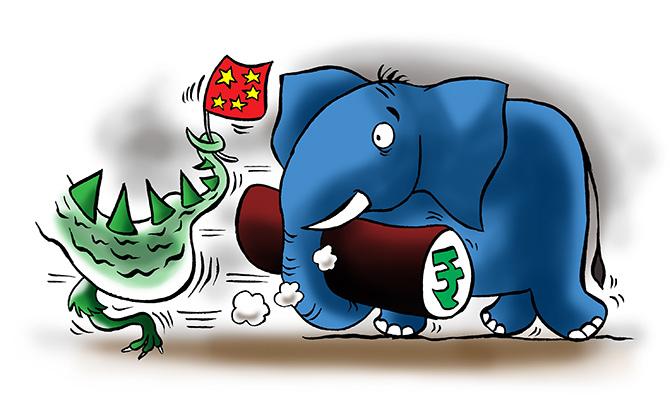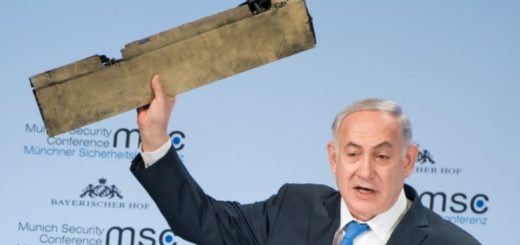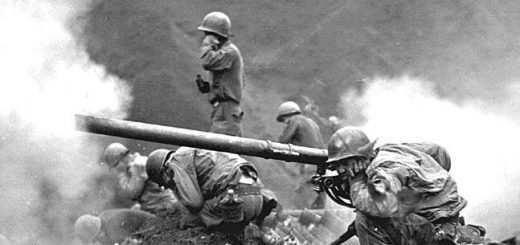The Course of India- West Asia Relations: An Interview with Ambassador Anil Trigunayat
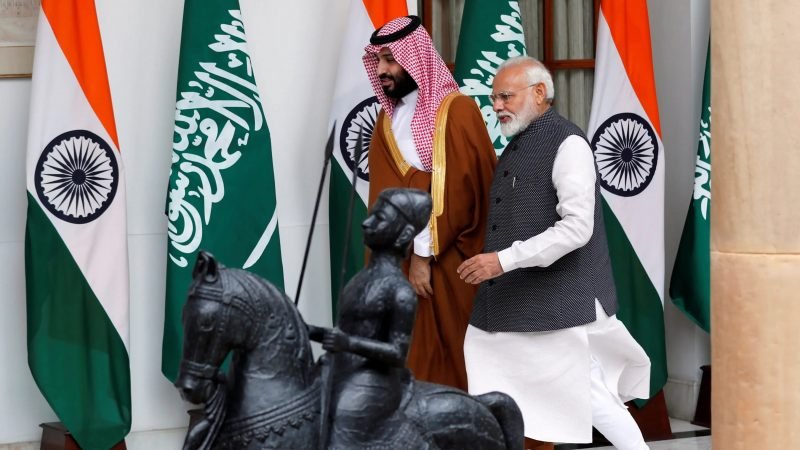
India’s relations with West Asia has not always been smooth. It has had and has been having its share of complications fuelled by external influences and domestic politics. The ties have been seeing ups and downs with successive leadership in India charting different courses to drive India’s West Asia policy. Currently under the spotlight is the India- Iran relations. India’s relations with Iran have been severely affected by its relations with the United States as well as Iran’s relations with the United States. The consequence of it has been felt in many aspects, the Chabahar rail project being recent. On the other hand, its Israel bonhomie looks brighter than ever. The COVID-19 crisis has been a pushing factor for the Non-Resident Indians (NRI) in the region, especially in the Gulf, to get back to India.
Against such a complicated backdrop, it is intriguing to ponder over what course the ties between India and the West Asian states will take in the coming months.
Poornima B, a journalism intern at The Kootneeti, interviewed Ambassador Anil Trigunayat to gain insights through his expert comments on India’s West Asia policy and its intricacies.
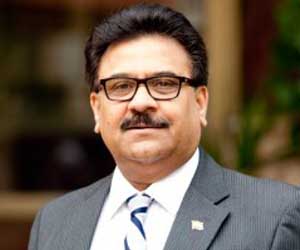
Ambassador Anil Trigunayat served as India’s ambassador to Jordan, Libya and Malta. He also served as Trade Commissioner in New York and Deputy Head of Mission in Sweden, Russia and Nigeria. During his service, he was actively engaged in conflict management and provided assistance to Indians in trying times.
Poornima: Should India be more involved in West Asia than what is the case now? Can and would it play an increased role in the region considering China’s footprints all across West Asia? Can you point out specific areas in which India can increase its engagement in the region?
Ambassador Trigunayat: There is no doubt that West Asia in my view is the most important extended neighbourhood for us due to energy security, diaspora welfare, strategic location and trading sea lanes as well as our overall security. Since 2008, we tried to restart the relationship, especially with GCC countries. However, since PM Modi took over, the policy of Think West has been converted to Act or Link West. The high-level visits and personal chemistry between leaders have created a different level of mutual trust. And they look at India differently. While Modi’s West Asia policy may have been most successful on several counts, much more remains to be done including in strategic defence and security areas, creating critical interdependence through investments and joint projects, especially for ensuring Food and Energy Security including third country collaborations especially in Africa.
China has significantly enhanced its economic engagement in West Asia without disturbing the primary role of the US as the main security provider at least until now. But that can change with the immense clout and support China has achieved for its strategic BRI project. This will also have a direct consequence for India and must be factored in.

Poornima: What is the Indian government’s position w.r.t importing oil from Iran? Is it not in the best interest of India to save its relations with Iran by resuming oil trade with it while managing the US? What is the possibility of the same? Are Iran’s comments on India’s internal affairs (ex: on CAA and treatment of Indian Muslims) affecting the dynamics between the states?
Ambassador Trigunayat: We are living in difficult times when the Hyperpower or even the big powers indulge in unilateral approaches directly impacting the core interests of other countries friends and foes alike. Same is the case with US-Iran. To avoid US sanctions, after initial waivers, India has reduced its oil imports from Iran and presently it is insignificant. India continues to remain engaged both with Iran and the US in this regard.
Iran understands India’s position but would perhaps like to see a China-type of response. When you compare the two and have to choose, it is essential to have a holistic picture and a cost-benefit analysis. India could have used other mechanisms and would have continued to provide bilateral assistance and trade through barter or Rupee- Rial arrangement however, all these have limitations. As a result of India’s discussions with the Americans, the Chabahar development project could be kept out of the purview of US sanctions.
Although we have a large Shia population Indian Muslims are Indians first and we don’t have to justify our stance to the outside powers. It is our sovereign right to take whatever decisions are required to be taken in our country by the democratically elected Government. We would not brook any external interference in our internal affairs. Yes, it would be better if Iran did not comment on India’s internal affairs in keeping with the real essence of the civilizational relationship, but I guess Real politic has its own dynamic.

Poornima: What will be the impact on the employment status of the NRIs in the Gulf and those who have returned due to the pandemic?
Ambassador Trigunayat: Most of the hydrocarbon-dependent Gulf economies are going through a bad economic crisis compounded by COVID-19. It has resulted in a large number of expat workforce being laid off due to laggard economic activity and cancellation or shutting down of projects. This could go on for some more time. Through its Vande Bharat flights India has repatriated over 4lakh Indians from the region. They have to be integrated into the Indian labour force through the skill matching database. It won’t be easy for them to adjust in the short term.
The Indian government continues to remain in touch with the GCC governments in this regard. Since the Indian workforce is most preferable nearly across West Asia, I think they would be the first ones to be invited once situation normalises. But as several GCC countries are taking the COVID-19 opportunity to move into more AI-driven solutions, it is imperative that the skill set complex of the Indian workforce must be upgraded as a general rule.
Poornima: Where do you see India in West Asia down 20 years?
Ambassador Trigunayat: There is a huge unpredictability about several major hotspots in the region. India will have to stay more closely engaged and create mutually beneficial and sustaining economic and strategic stakes. We need to work bilaterally, trilaterally, regionally and globally through existing and newer framework. As the importance of the hydrocarbons may decline, newer areas of opportunities especially in renewables, collaboration in AI-driven Industrial Revolution 4.0, Civil nuclear, space and visible defence collaborations should become central while furthering P2P relations.
As the strategic relevance of West Asia will increase for Indian economic and industrial growth, India will have to become more involved in the regional issues as a benign and trusted partner. New geopolitical dynamics are emerging with Turkey, China and Russia becoming more prominent in the region which will create more fault lines as Sunni Arabs and Israel will cosy up together. India may be called upon to use its good offices more often than not. Sitting by the fence and hedging may not remain an option.
